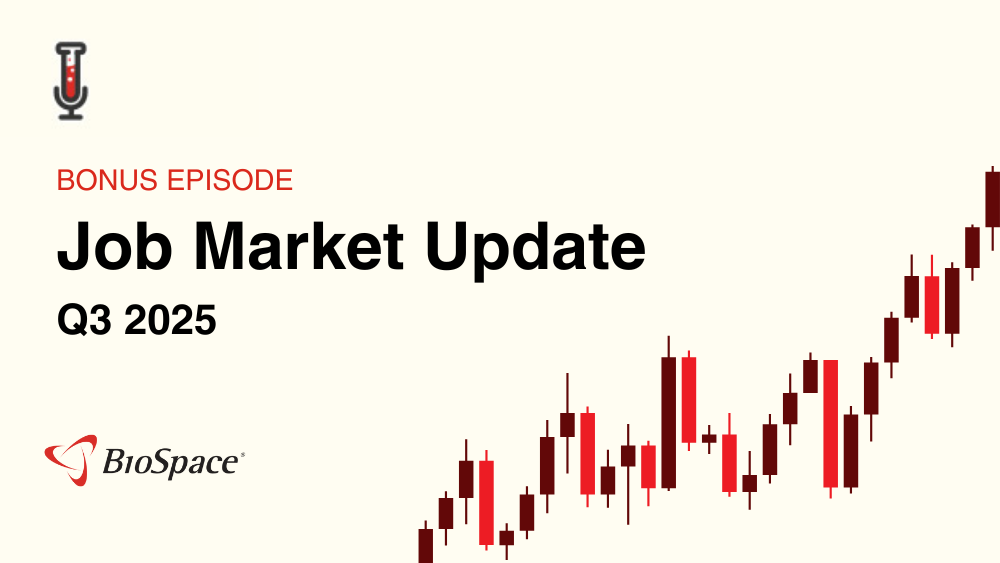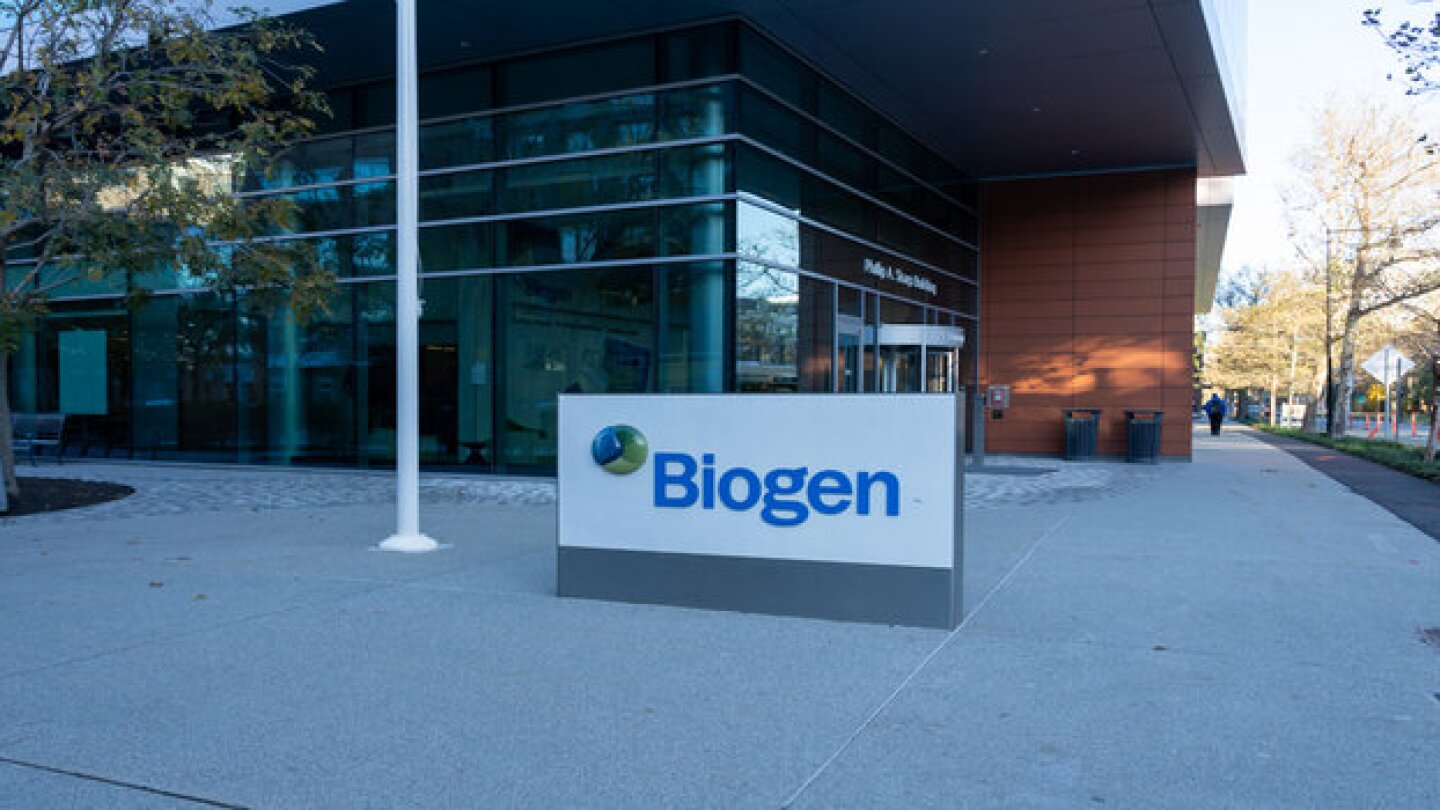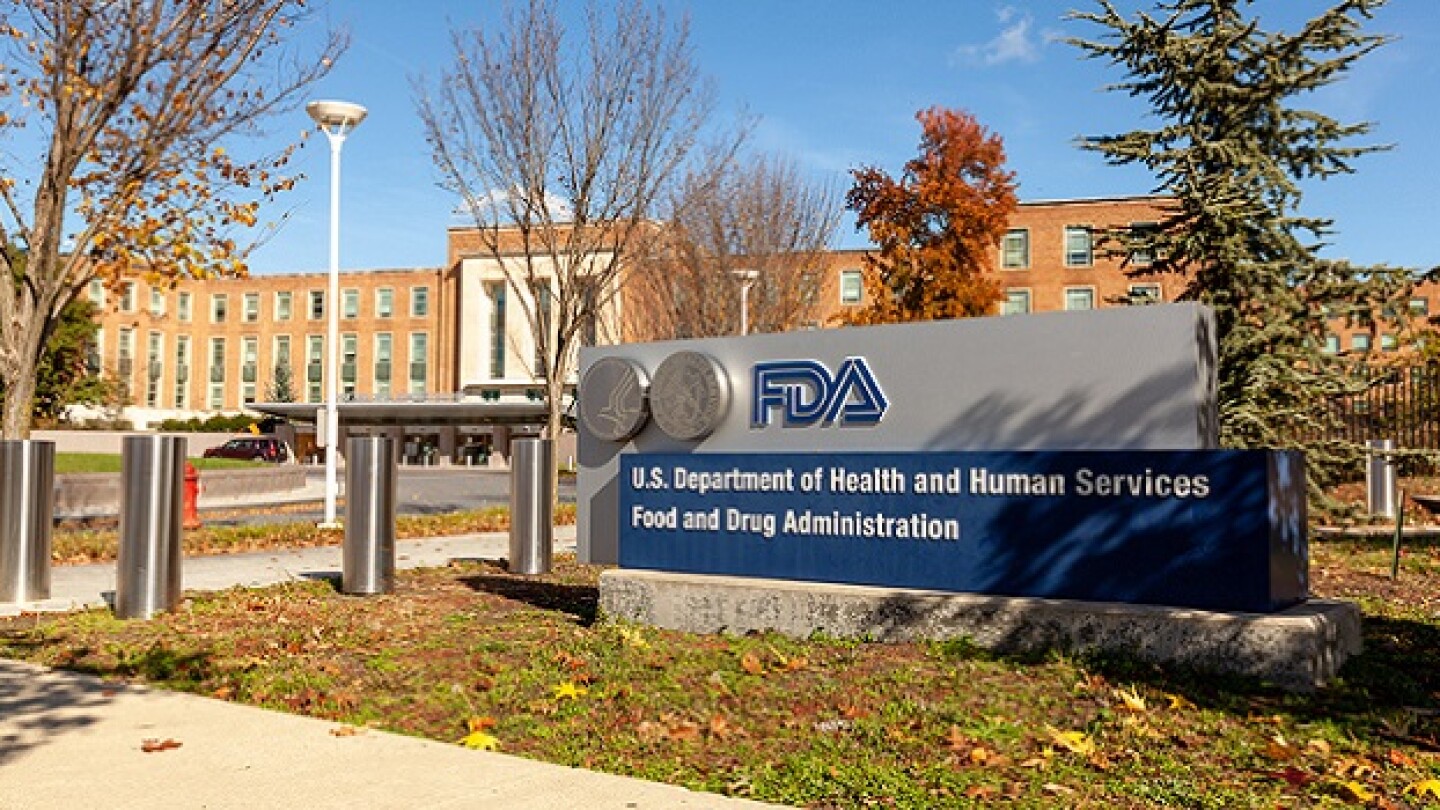News
In this bonus episode, BioSpace’s Vice President of Marketing Chantal Dresner and Careers Editor Angela Gabriel take a look at Q3 job market performance, layoffs and wider employment trends and policies impacting the biopharma workforce.
FEATURED STORIES
Some of the biggest SPACs from the industry’s pandemic-fueled heyday are no longer on the market.
After spinning out of BridgeBio in May 2024, BBOT had an eye on another round of fundraising in 2025. A SPAC quickly emerged as the best option.
Aside from the rare disease market, Novo Nordisk also scored a key regulatory win last month for its blockbuster GLP-1 drug Wegovy, which can now be used to treat patients with metabolic dysfunction-associated steatohepatitis.
Job Trends
Bristol Myers Squibb (NYSE: BMY) today announced that its Board of Directors has declared a quarterly dividend of sixty cents ($0.60) per share on the $0.10 par value common stock of the company.
FROM OUR EDITORS
Read our takes on the biggest stories happening in the industry.
Following restricted vaccine approvals and changes to CDC immunization schedules, Merck, Pfizer, GSK and Sanofi are all suffering revenue hits to their vaccine programs.
THE LATEST
After Emma Walmsley steps down as GSK CEO in January, Vertex Pharma’s Reshma Kewalramani will be the sole female CEO at a top-20 pharma company. Still, there are many prominent women in pharma that could someday break through again.
Chief Commerical Officer Luke Miels will replace outgoing GSK CEO Emma Walmsley at the U.K. pharma next year.
The AAV pullback comes amid Biogen’s aggressive cost-cutting campaign, which put some 1,000 jobs on the chopping block with the goal of generating $1 billion in savings by 2025.
Applied Therapeutics has yet to confirm whether the study, posted on Clinicaltrials.gov on Thursday, means it has indeed aligned with the FDA on govorestat’s development.
The centerpiece of the acquisition is petosemtamab, Merus’ bispecific antibody targeting EGFR and LGR5, which in May demonstrated best-in-class potential for head-and-neck cancer.
The FDA in September issued two rejections for spinal muscular atrophy therapies—both linked to manufacturing problems—and granted approvals in Barth syndrome and for a subcutaneous version of Merck’s Keytruda that could be key to the blockbuster’s future earnings.
By publishing complete response letters as soon as they are issued to drug sponsors, the FDA is expanding transparency in a way that, while positioned as a public health measure, also grants investors greater visibility into regulatory decisions. Experts question whether this is the agency’s proper remit.
From more than 30 target action dates in the last three months of the year, BioSpace has narrowed the list to six regulatory decisions that could have far-reaching implications for biopharma and patients.
In one of the first demonstrations of the impact of last year’s Loper Supreme Court decision on challenges to agency authority, a judge ruled that the FDA does not have authority to regulate tests developed by clinical laboratories.
The company was awaiting $70 million from HealthCare Royalty but missed an agreed-upon payment condition.

















